I have a promise which I have to get the value of internally, but it's <value> and <state> properties appear to be inaccessible through normal means. I've never before seen a property with the <bracketed> look, so I'm thinking that might be the clue.
How do I access these properties?
EDIT: I found a way but it is not an answer to the duplicate question
Code for copy pasting to console:
var test = new Promise(function(resolve) {
resolve("getMe");
});
